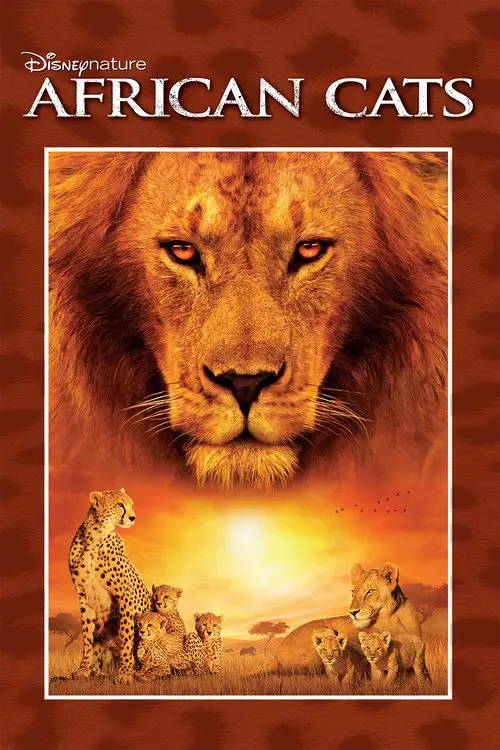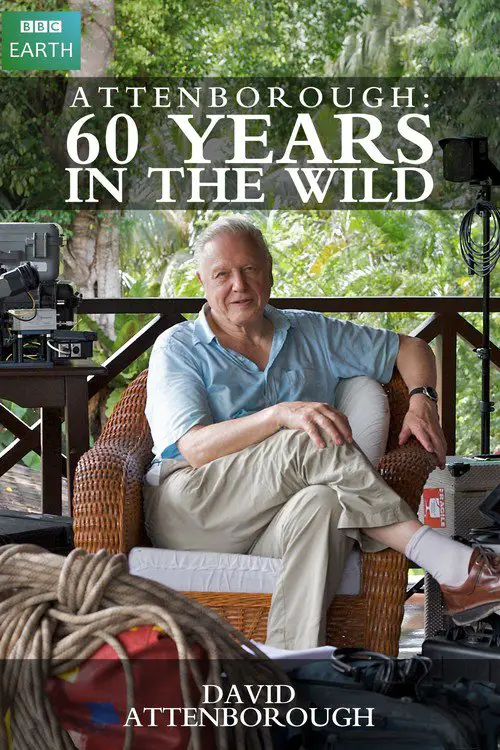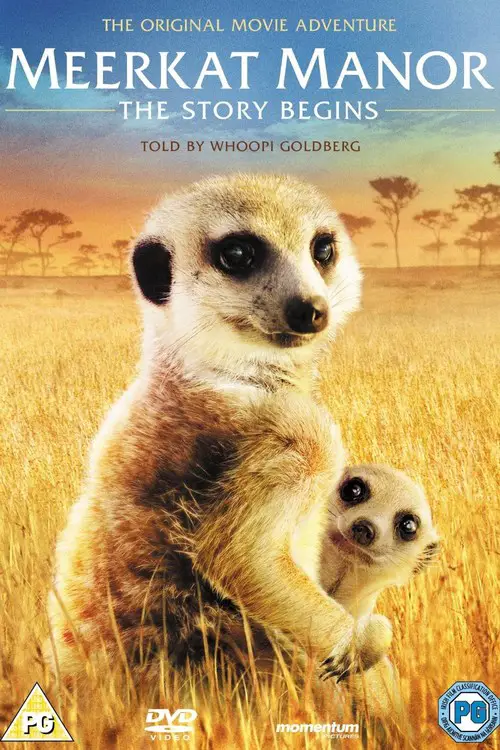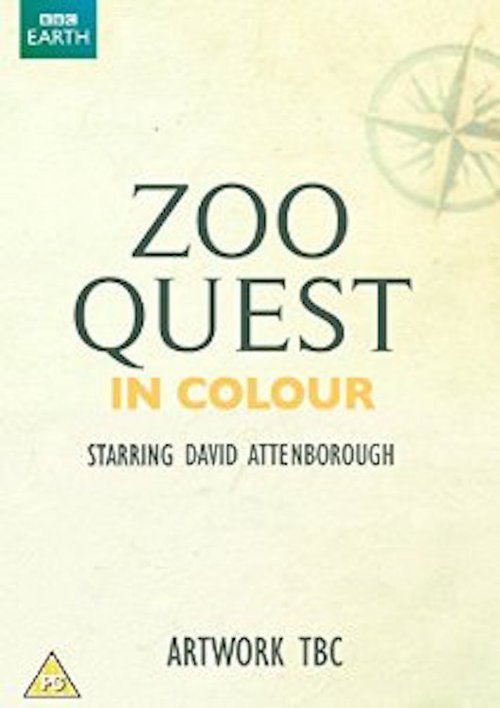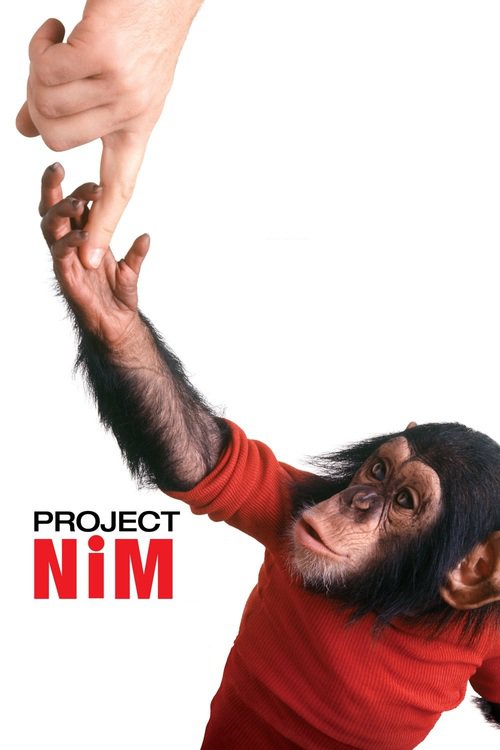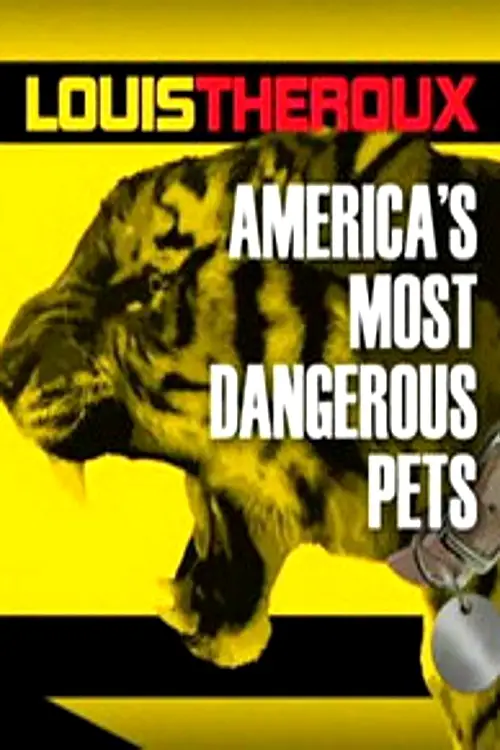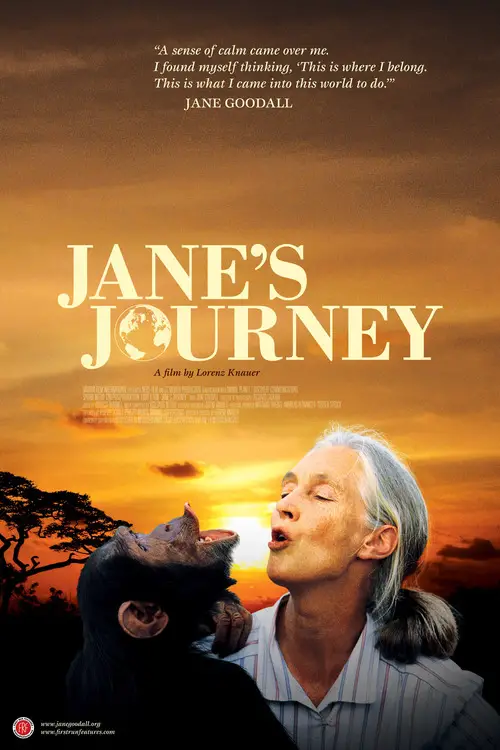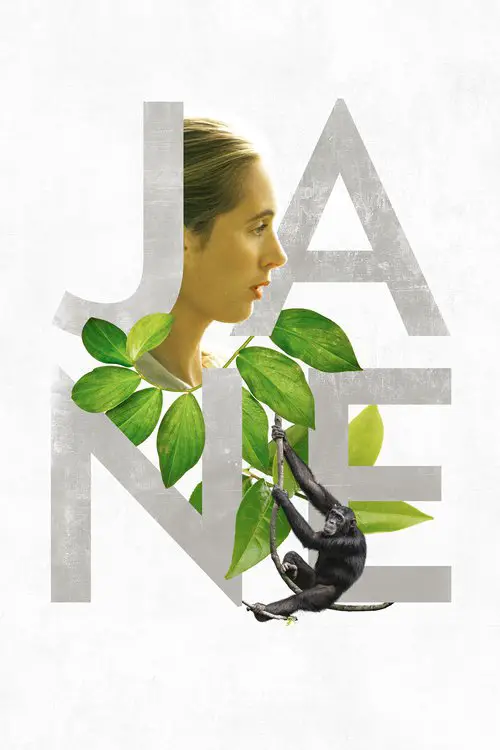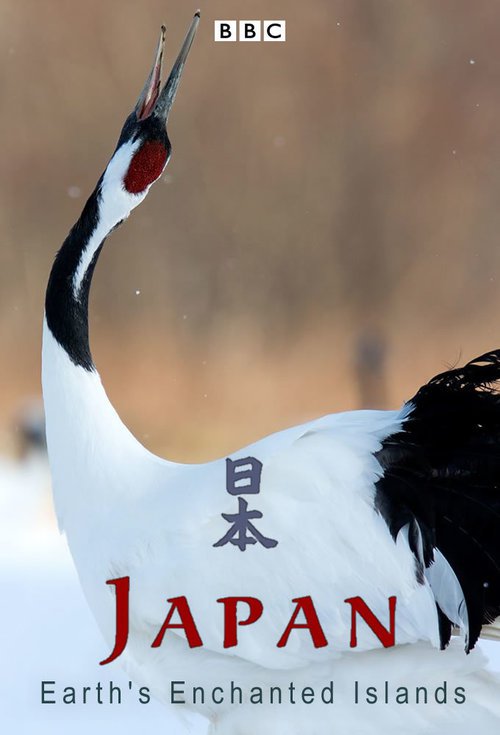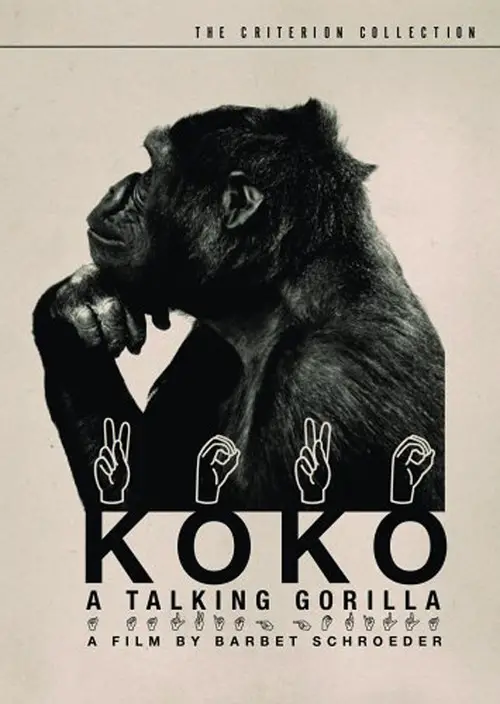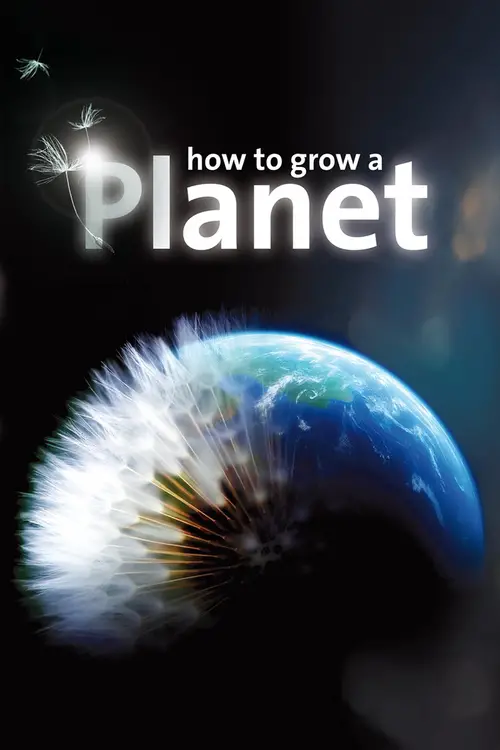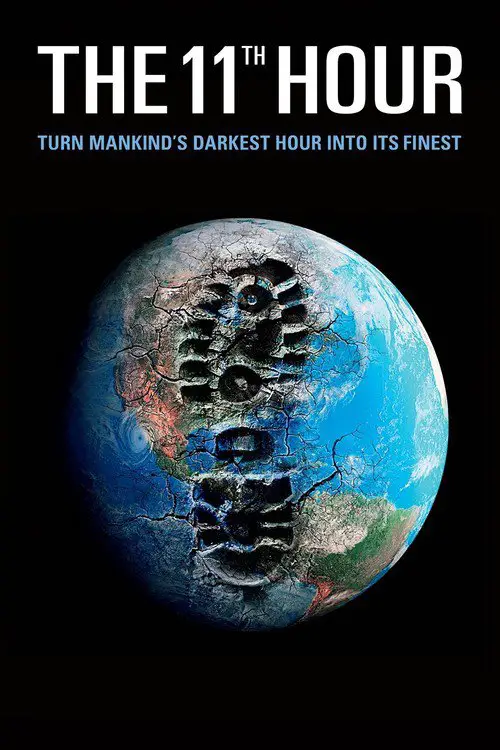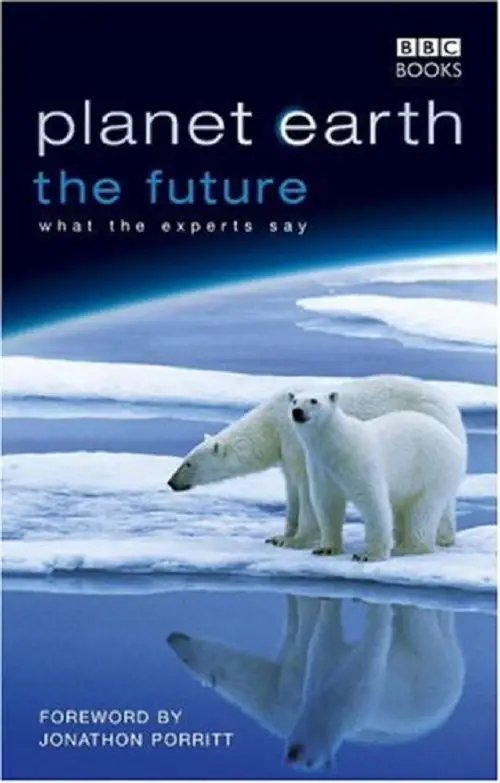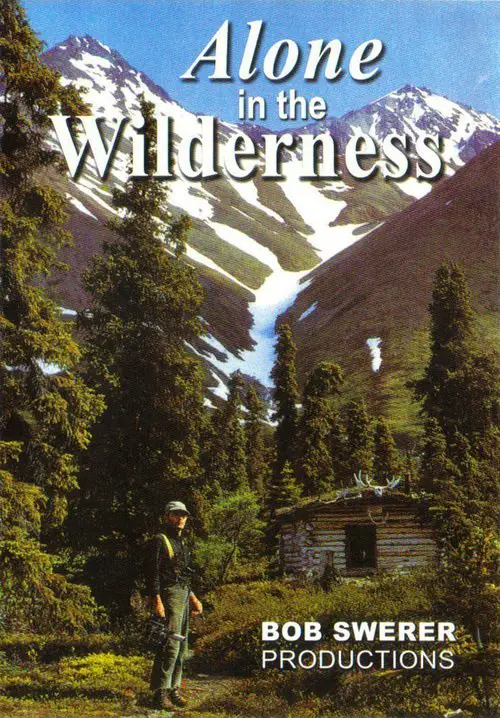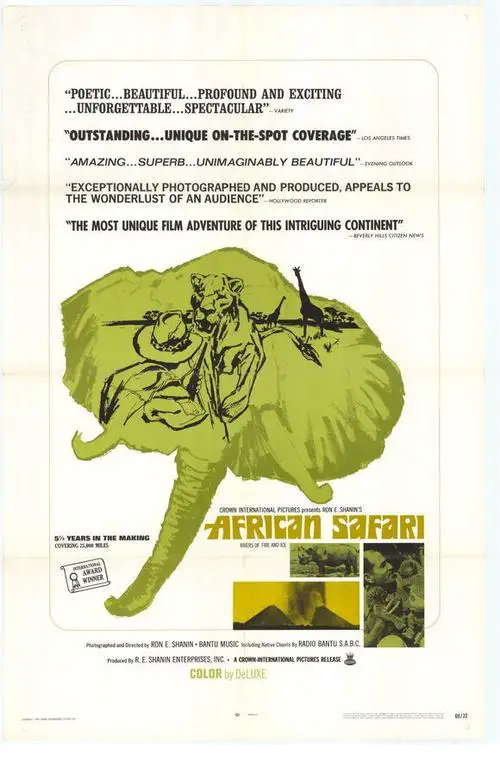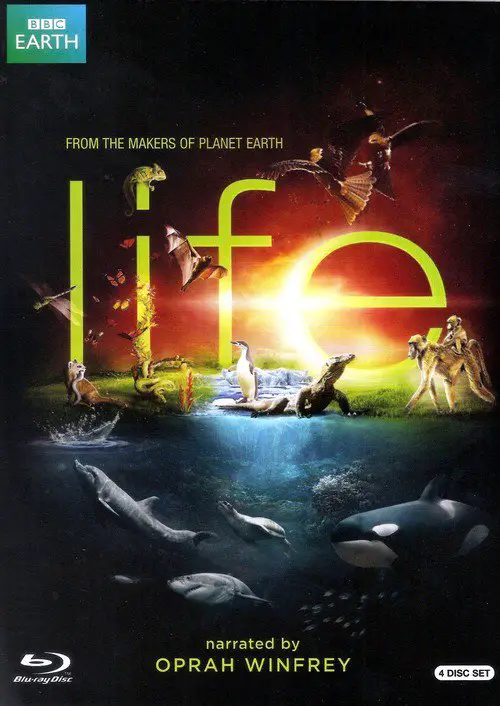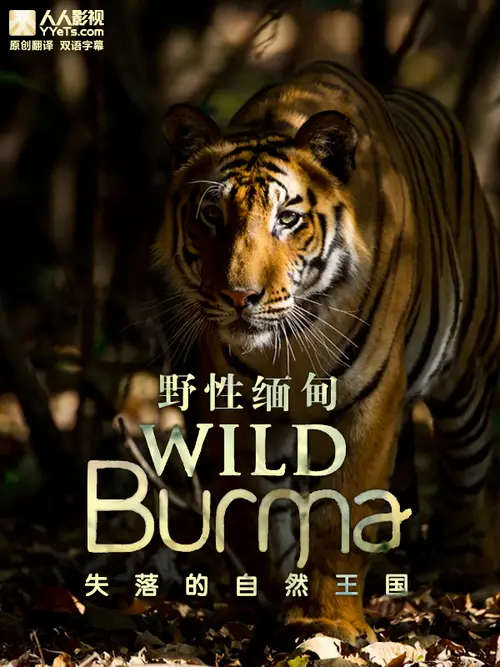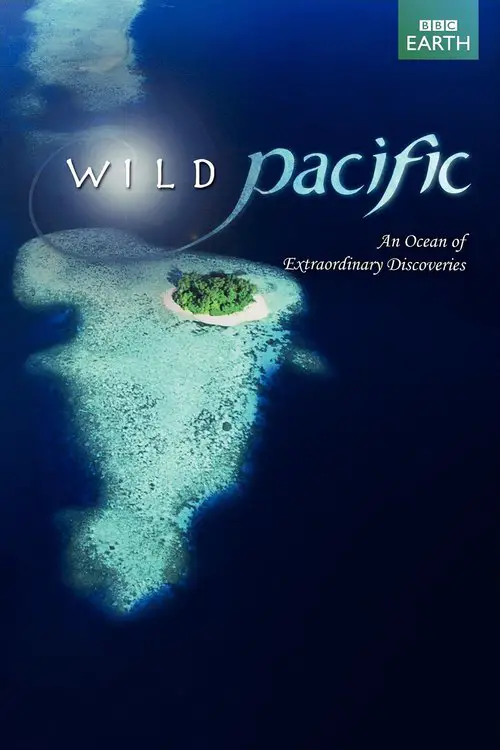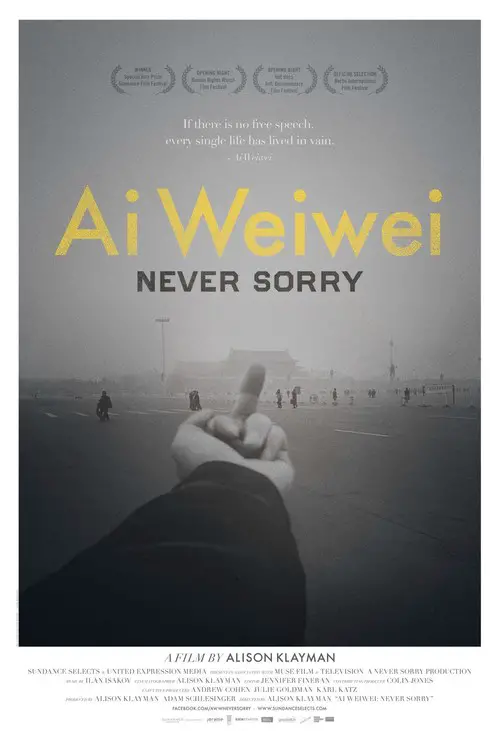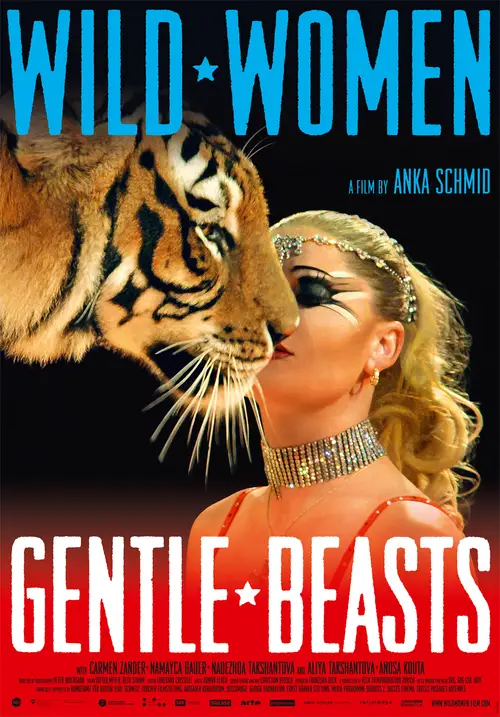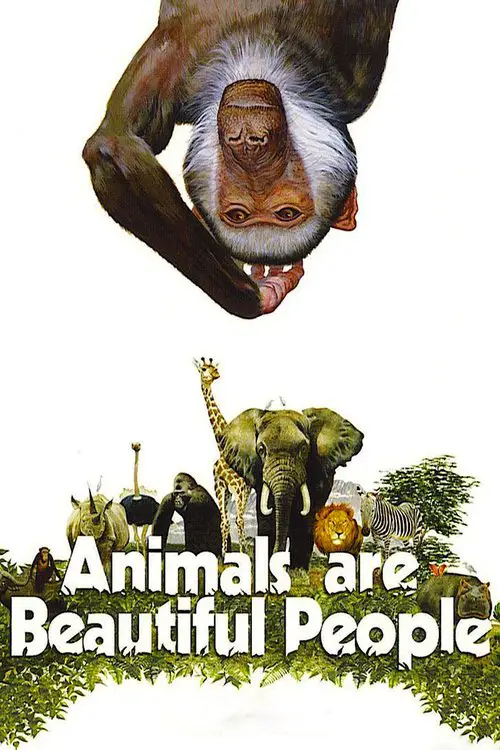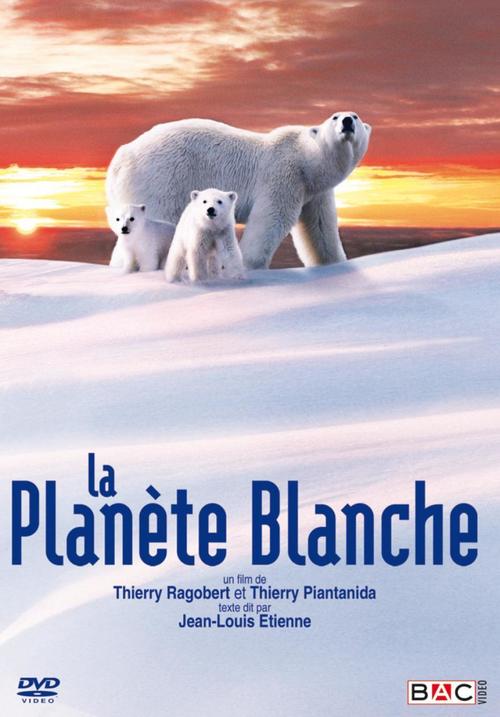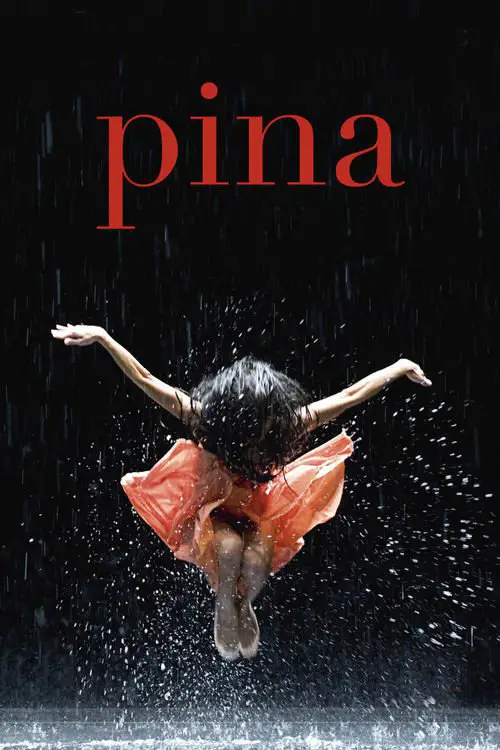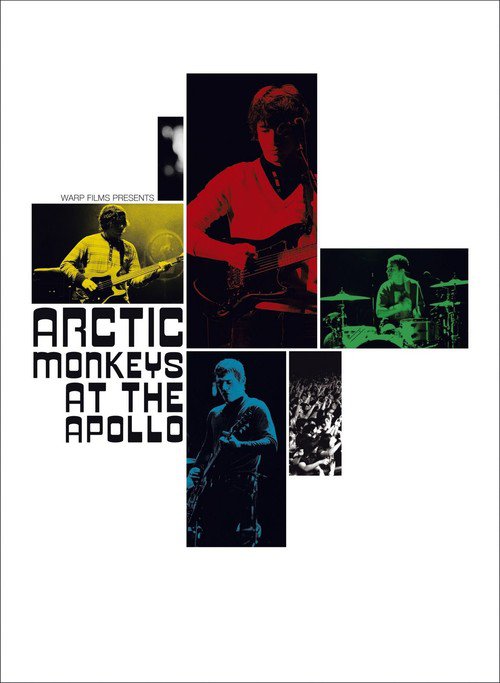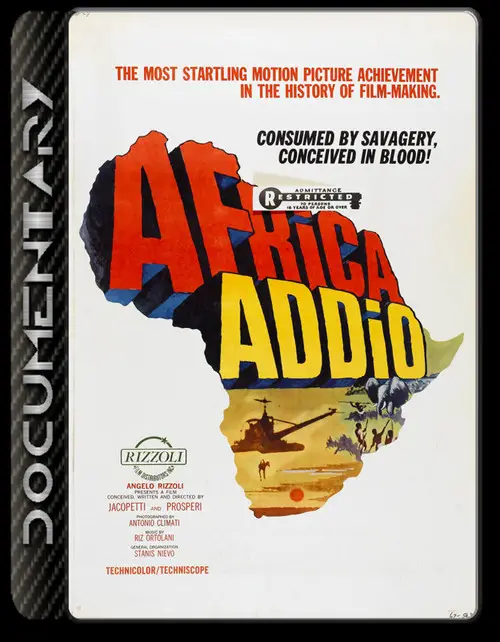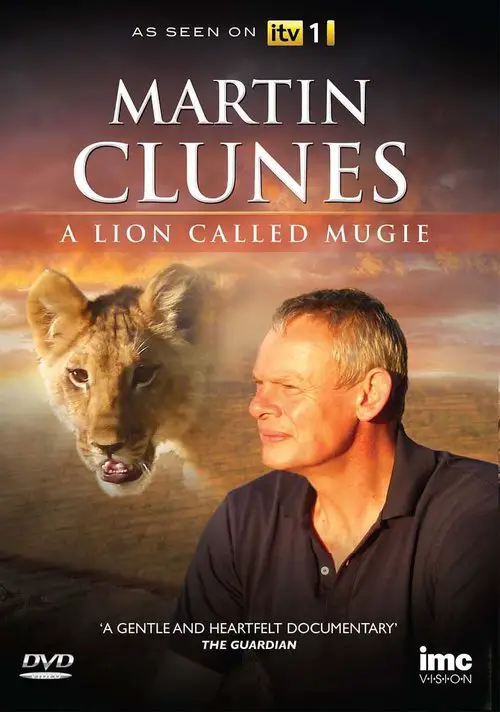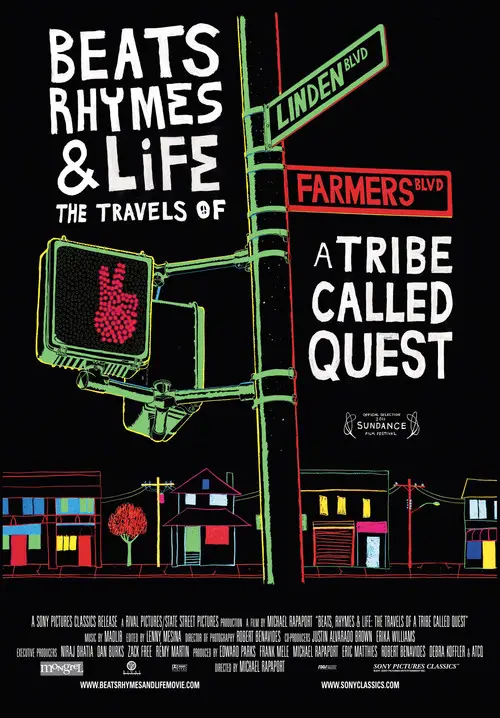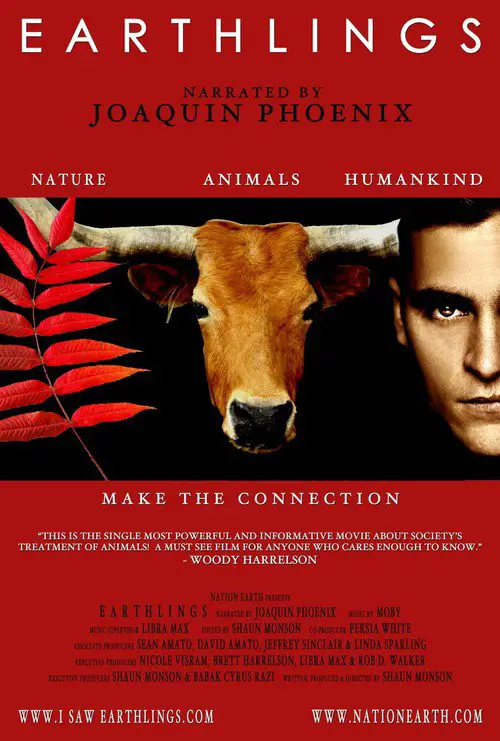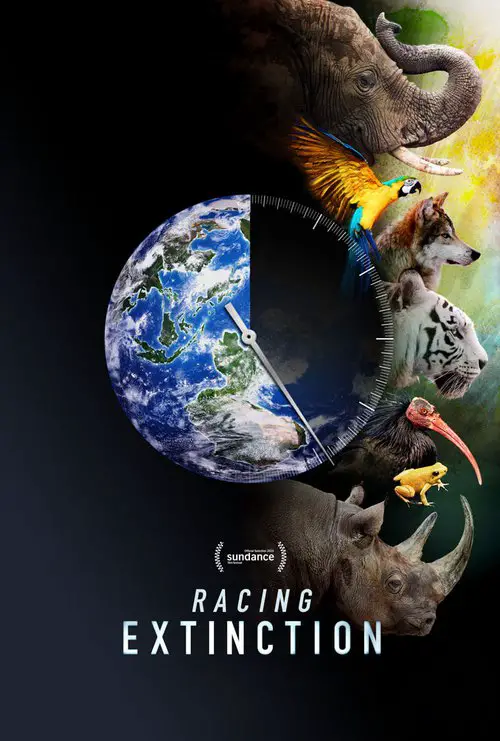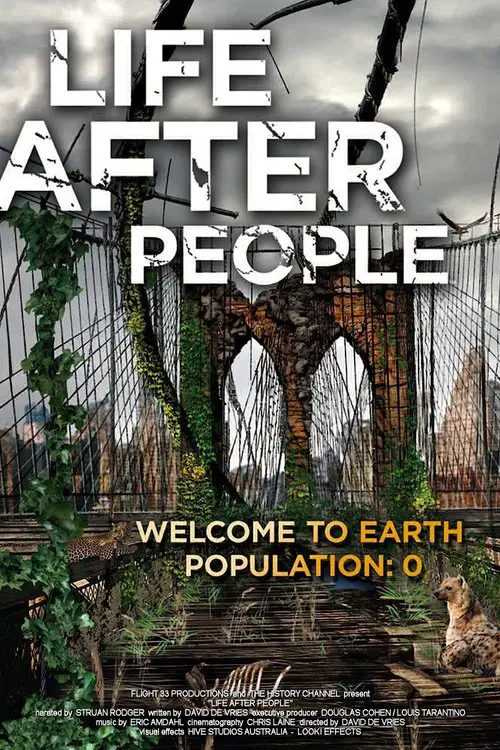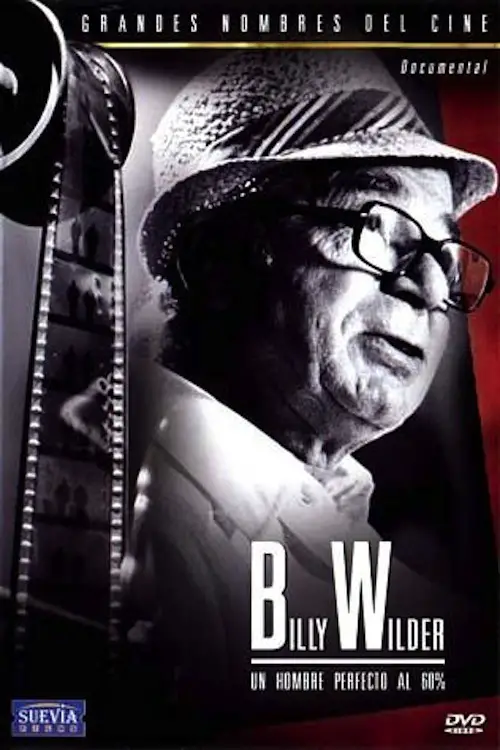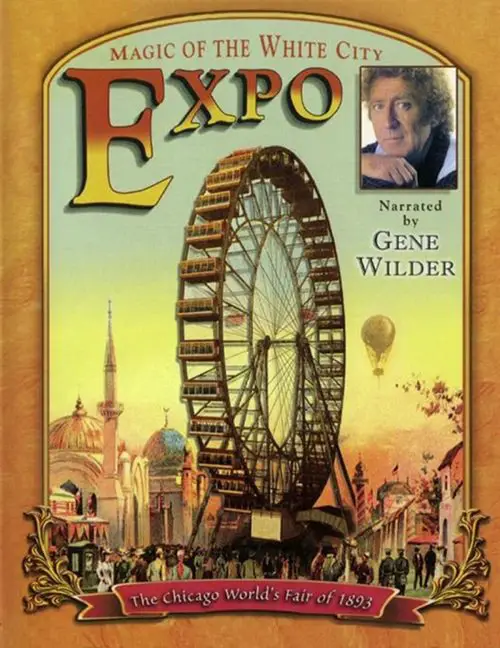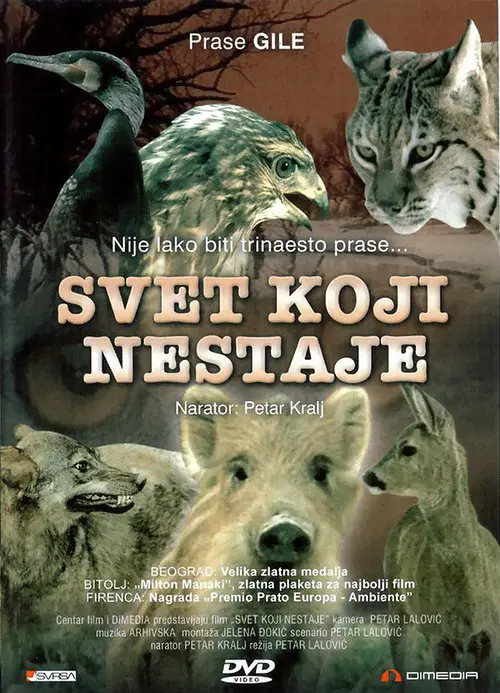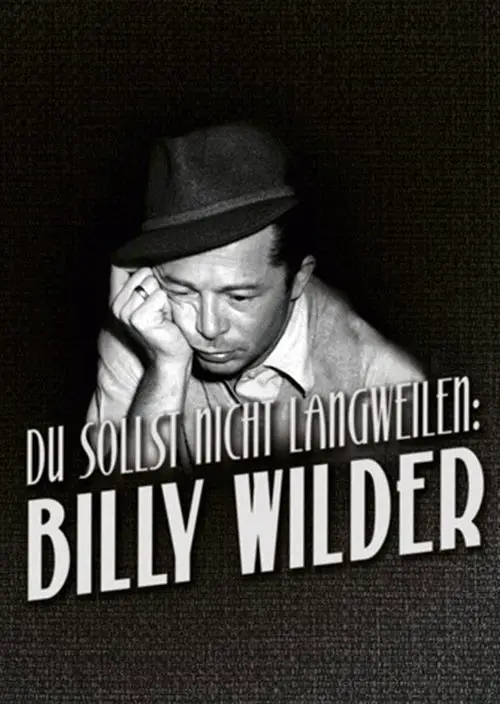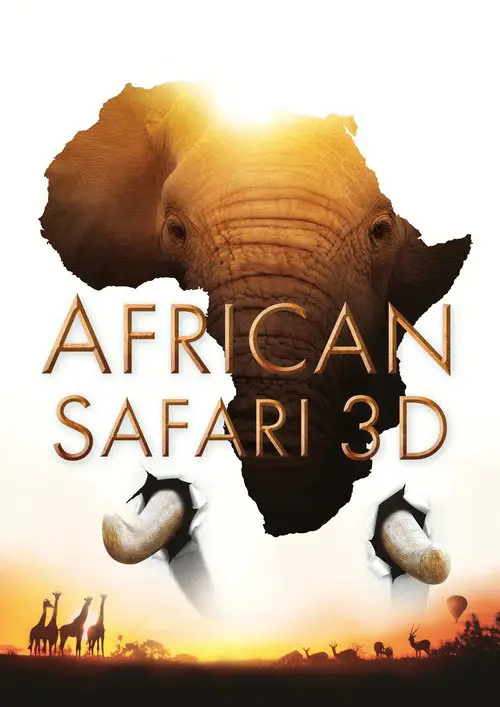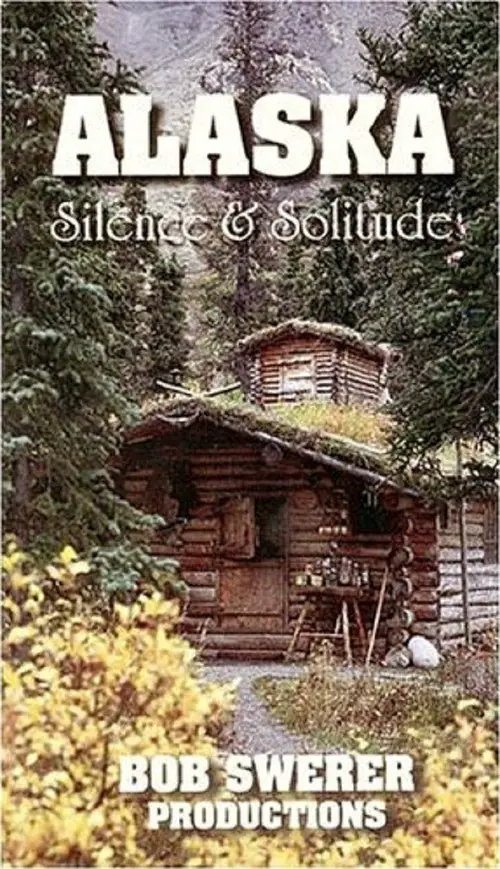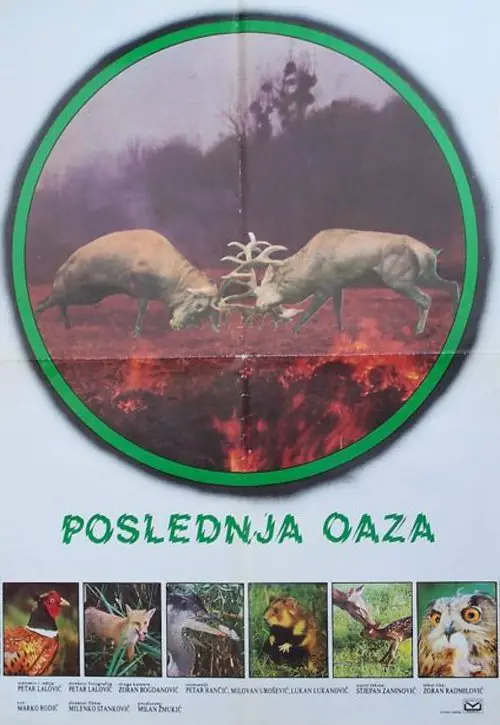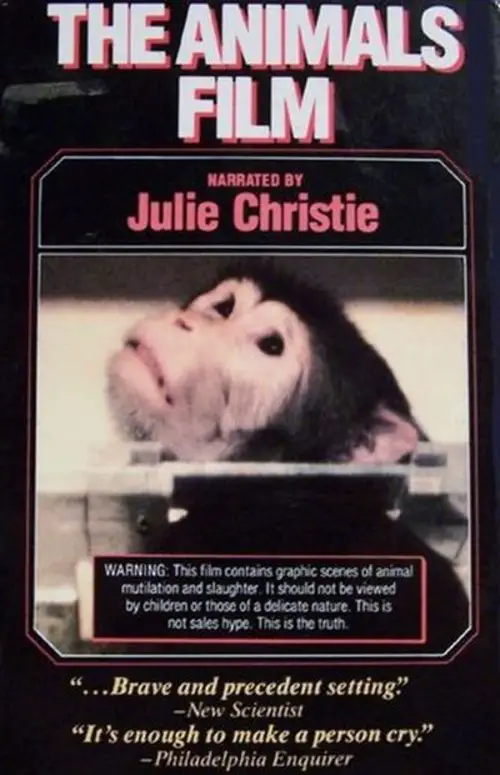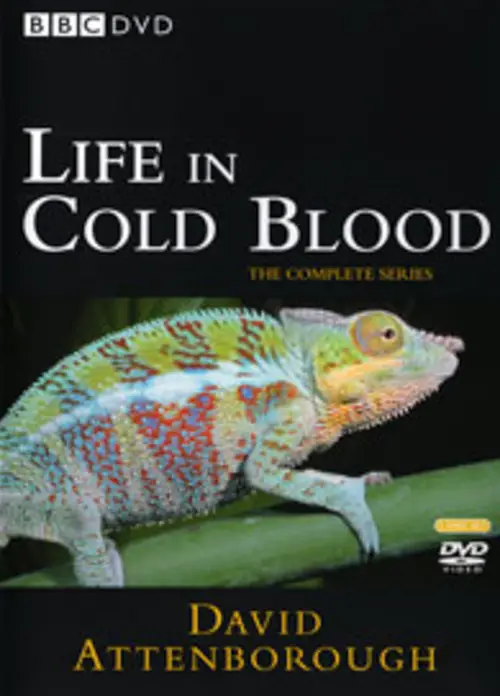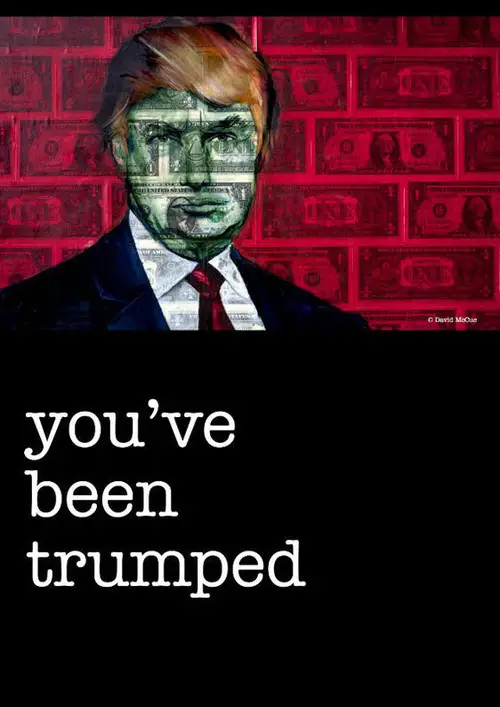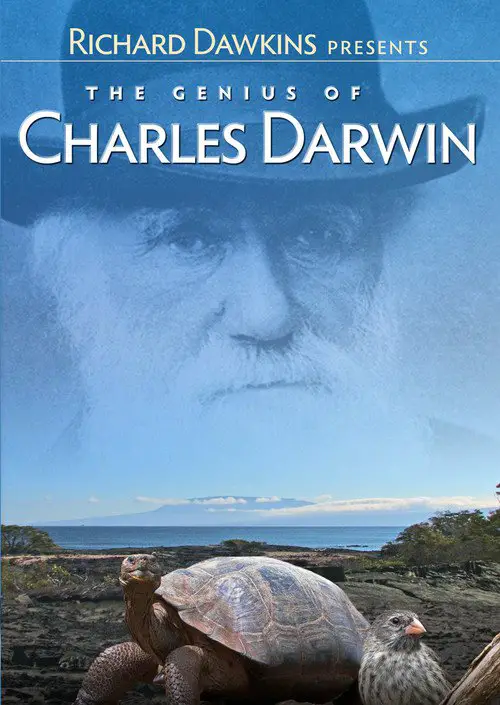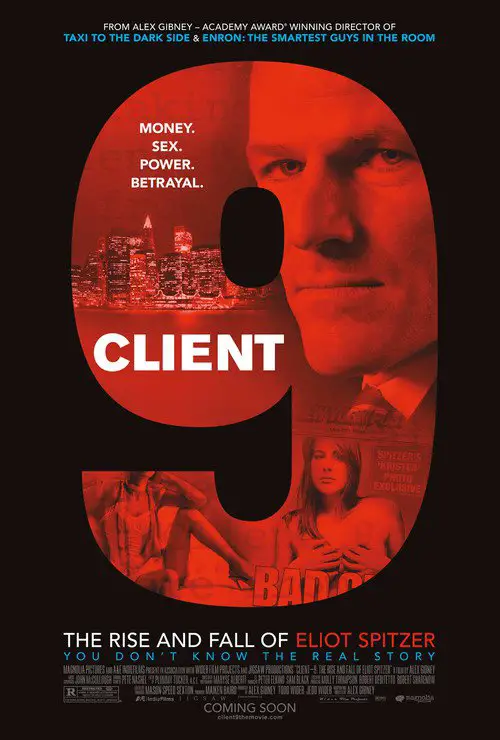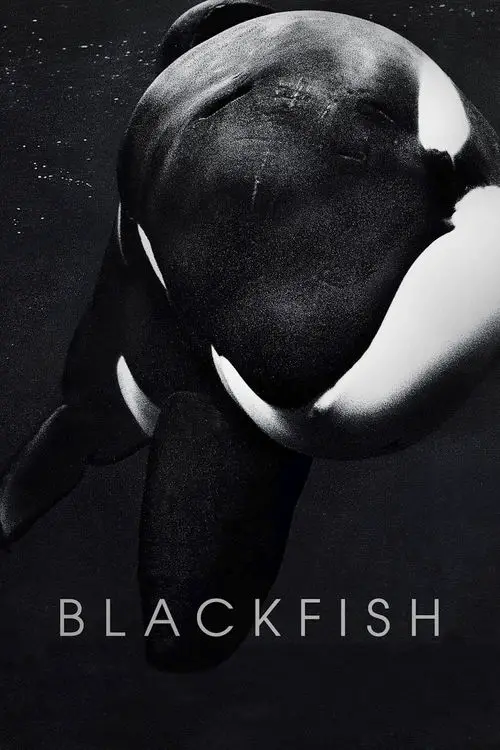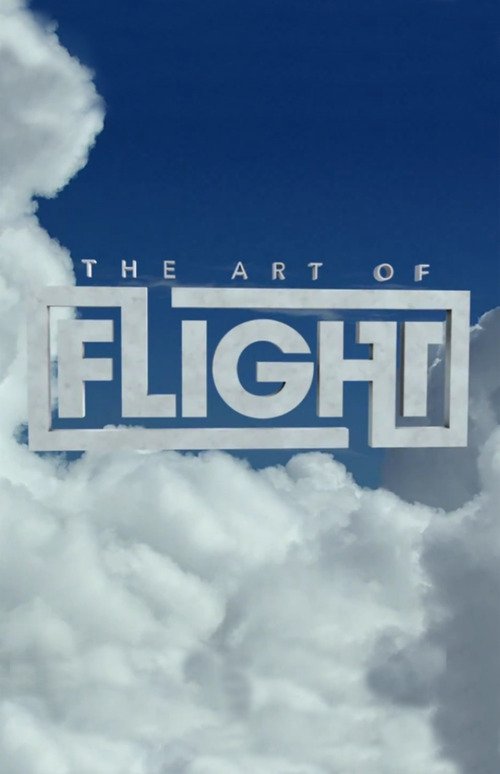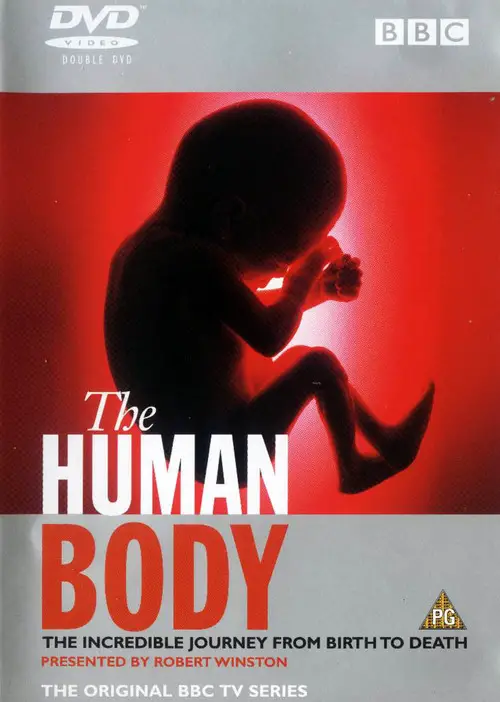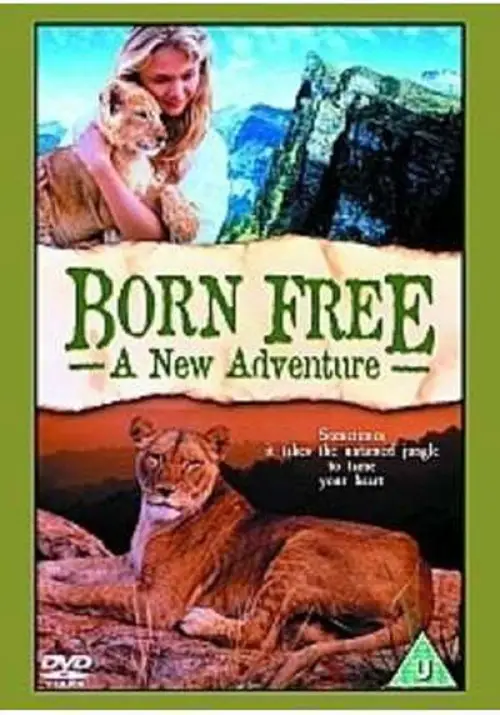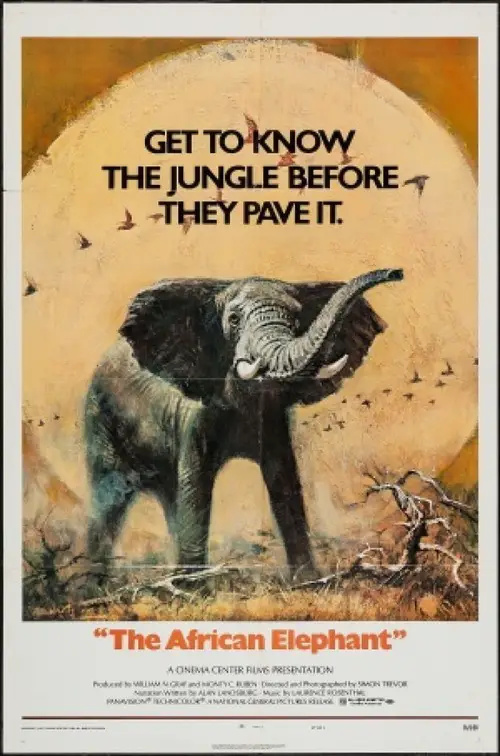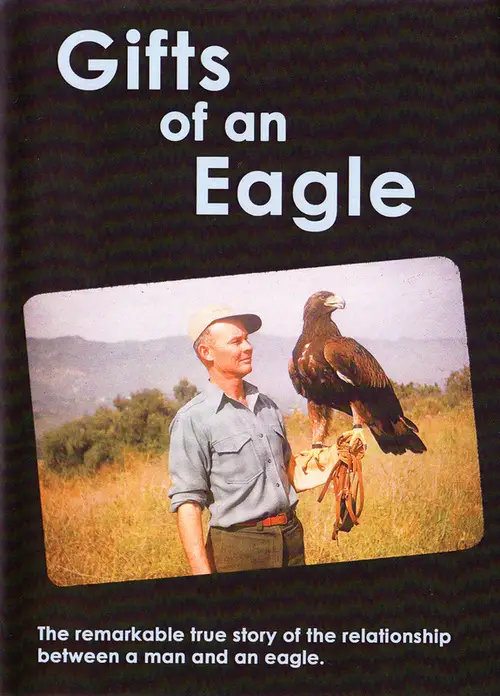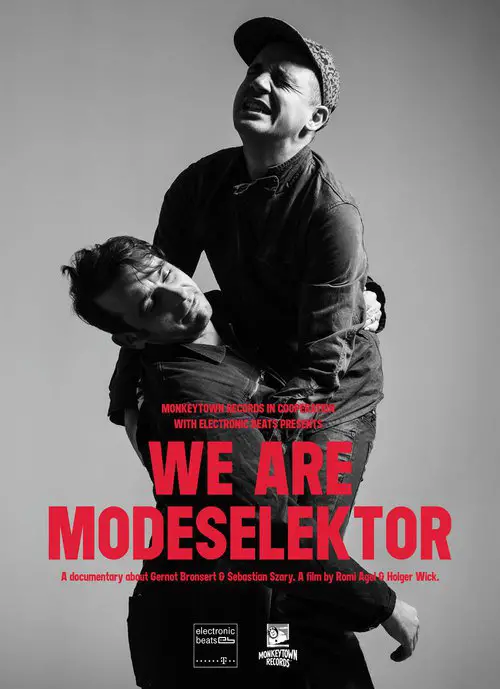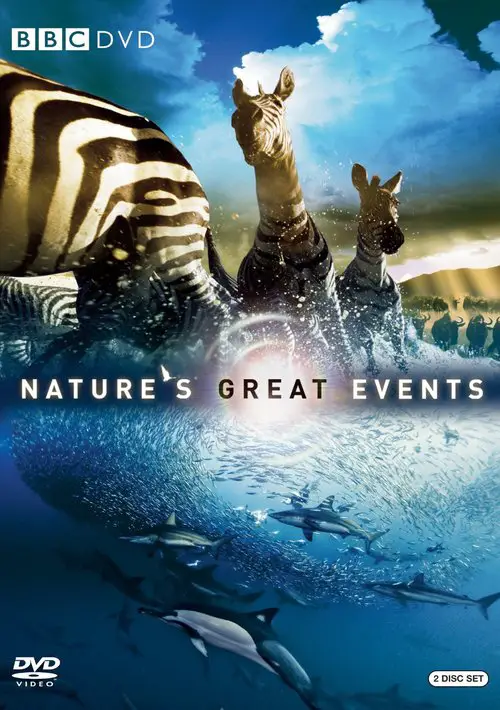Chimpanzee (2012)
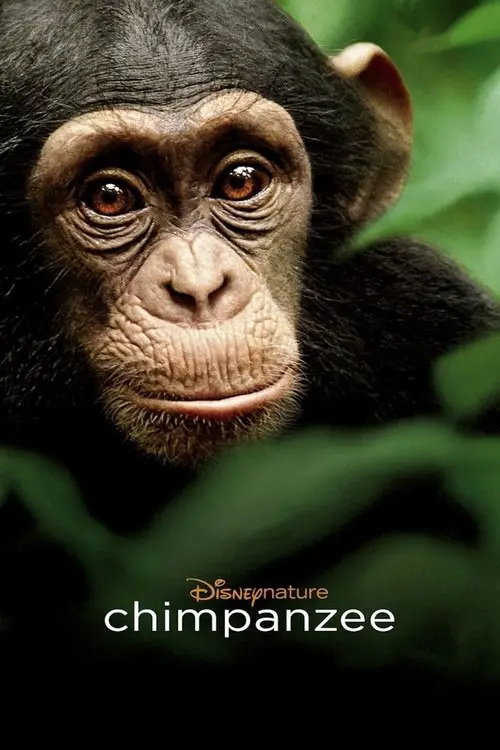
Similar movies
African Cats captures the real-life love, humor and determination of the majestic kings of the savanna. The story features Mara, an endearing lion cub who strives to grow up with her motherâs strength, spirit and wisdom; Sita, a fearless cheetah and single mother of five mischievous newborns; and Fang, a proud leader of the pride who must defend his family from a once banished lion.
Thanks to a recent remarkable discovery in the BBC's Film Vaults, the best of David Attenborough's early Zoo Quest adventures can now be seen as never before - in colour - and with it the remarkable story of how this pioneering television series was made. First broadcast in December 1954, Zoo Quest was one of the most popular television series of its time and launched the career of the young David Attenborough as a wildlife presenter. Zoo Quest completely changed how viewers saw the world - revealing wildlife and tribal communities that had never been filmed or even seen before.
From the team behind Man on Wire comes the story of Nim, the chimpanzee who in the 1970s became the focus of a landmark experiment which aimed to show that an ape could learn to communicate with language if raised and nurtured like a human child. Following Nim's extraordinary journey through human society, and the enduring impact he makes on the people he meets along the way, the film is an unflinching and unsentimental biography of an animal we tried to make human. What we learn about his true nature - and indeed our own - is comic, revealing and profoundly unsettling.
It would be hard to name anyone who has had more of an impact in the realm of animal research and wildlife conservation than Jane Goodall, whose 45 year study of wild chimpanzees in Africa is legendary. In Jane's Journey, we travel with her across several continents, from her childhood home in England, to the Gombe National Park in Tanzania where she began her groundbreaking research and where she still returns every year to enjoy the company of the chimpanzees that made her famous. Featuring a wide range of interviews and spectacular footage from her own private collection, Jane's Journey is an inspiring portrait of the private person behind the world-famous icon.
Humanityâs ascent is often measured by the speed of progress. But what if progress is actually spiraling us downwards, towards collapse? Ronald Wright, whose best-seller, âA Short History Of Progressâ inspired âSurviving Progressâ, shows how past civilizations were destroyed by âprogress trapsââalluring technologies and belief systems that serve immediate needs, but ransom the future. As pressure on the worldâs resources accelerates and financial elites bankrupt nations, can our globally-entwined civilization escape a final, catastrophic progress trap? With potent images and illuminating insights from thinkers who have probed our genes, our brains, and our social behaviour, this requiem to progress-as-usual also poses a challenge: to prove that making apes smarter isnât an evolutionary dead-end.
In Japanâs crowded archipelago, there are still places where nature thrives â and Japan has a surprisingly vast range of landscapes, from the far north, where sea eagles walk on frozen seas, to subtropical southern islands, with coral reefs and volcanoes, and the central islands, with forested mountains, home to bears and monkeys. This series explores how life survives across these islands, and how humans and wildlife have found ways to live alongside the forces of nature and embrace them in quintessential ways.
Werner Herzogâs documentary film about the âGrizzly Manâ Timothy Treadwell and what the thirteen summers in a National Park in Alaska were like in one manâs attempt to protect the grizzly bears. The film is full of unique images and a look into the spirit of a man who sacrificed himself for nature.
Geologist Ian Stewart explain in three stages of natural history the crucial interaction of our very planet's physiology and its unique wildlife. Biological evolution is largely driven bu adaptation to conditions such as climate, soil and irrigation, but biotopes were also shaped by wildlife changing earth's surface and climate significantly, even disregarding human activity.
A look at the state of the global environment including visionary and practical solutions for restoring the planet's ecosystems. Featuring ongoing dialogues of experts from all over the world, including former Soviet Prime Minister Mikhail Gorbachev, renowned scientist Stephen Hawking, former head of the CIA R. James Woolse
Planet Earth: The Future is a 2006 BBC documentary miniseries on the environment and conservation, produced by the BBC Natural History Unit as a companion to the multi-award winning nature documentary Planet Earth. The programmes were originally broadcast on BBC Four immediately after the final three episodes of Planet Earth on BBC One. Each episode highlights the conservation issues surrounding some of the species and environments featured in Planet Earth, using interviews with the film-makers and eminent figures from the fields of science, conservation, politics, and theology. The programmes are narrated by Simon Poland and the series producer was Fergus Beeley.
Five million Americans suffer from Alzheimer's disease and dementiaâmany of them alone in nursing homes. A man with a simple idea discovers that songs embedded deep in memory can ease pain and awaken these fading minds. Joy and life are resuscitated, and our cultural fears over aging are confronted.
Dick Proenneke retired at age 50 in 1967 and decided to build his own cabin in the wilderness at the base of the Aleutian Peninsula, in what is now Lake Clark National Park. Using color footage he shot himself, Proenneke traces how he came to this remote area, selected a homestead site and built his log cabin completely by himself. The documentary covers his first year in-country, showing his day-to-day activities and the passing of the seasons as he sought to scratch out a living alone in the wilderness.
David Attenborough's legendary BBC crew explains and shows wildlife all over planet earth in this 10-episode miniseries. The first is an overview the challenges facing life, the others are dedicated to hunting, the deep sea and various major evolutionary groups of creatures: plants, primates and other large sections of other vertebrates and invertebrates.
The story of a race against time to help preserve the untouched forests of Burma and its wildlife. For the first time in over 50 years, a team of wildlife filmmakers from the BBC's Natural History Unit and scientists from the world renowned Smithsonian Institution has been granted access to venture deep into Burma's impenetrable jungles. Their mission is to discover whether these forests are home to iconic animals, rapidly disappearing from the rest of the world.
A documentary series on life in and adapted to the conditions of the Southern part of the Pacific Ocean, a vast aquatic region with an unequaled number of islands. Both wildlife and human cultures developed in a unique variety, largely determined by such natural conditions as huge distances, sea depths, currents and winds.
Ai Weiwei is known for many things â great architecture, subversive in-your-face art, and political activism. He has also called for greater transparency on the part of the Chinese state. Director Alison Klayman chronicles the complexities of Aiâs life for three years, beginning with his rise to public prominence via blog and Twitter after he questioned the deaths of more than 5,000 students in the 2008 Sichuan earthquake. The record continues through his widely publicized arrest in Beijing in April of 2011. As Ai prepares various works of art for major international exhibitions, his activism heats up, and his run-ins with Chinaâs authorities become more and more frequent.
Animal tamers from various continents shine in the spotlight and struggle for their existence behind the scenes. Between toiling and smiling, the female circus artists disclose their passion for their 'wild' animals and extraordinary profession: a daily life full of dedication and discipline in the midst of mortal danger.
TURTLE: THE INCREDIBLE JOURNEY is the story of a little loggerhead turtle, as she follows in the path of her ancestors on one of the most extraordinary journeys in the natural world. Born on a beach in Florida, she rides the Gulf Stream up towards the Arctic and ultimately swims around the entire North Atlantic across to Africa and back to the beach where she was born. But the odds are stacked against her; just one in ten thousand turtles survive the journey. She faces many hazards, her siblings are lost in the doldrums of the Sargasso Sea, she comes face to face with creatures of the deep and nearly dies at the hands of fishermen. She travels up north but she drifts from her life current, the Gulf Stream, into dangerously cold waters.
April 8, 2003: Karsten Heuer + Leanne Allison left the remote community of Old Crow,Yukon, to join the Porcupine Caribou Herd on their epic life journey. For 5 months the Canadians migrated on foot with the 123,000-member herd from wintering to calving grounds in Alaska's Arctic National Wildlife Refuge, and back again â 1500km across snow and tundra. They completed their journey on Sept. 8, 2003.
The White Planet or in French, La Planète Blanche, is a 2006 documentary about the wildlife of the Arctic. It shows interactions between marine animals, birds and land animals, especially the polar bear, over a one year period. The fragility of the Arctic is hinted at as a reason to prevent climate change. It was nominated for the Documentary category in the 27th Genie Awards in 2007.
At the Apollo is a live album and video release by Arctic Monkeys of the final concert of their 2007 world-tour, filmed in Manchester, England. It was filmed on 35mm film and in surround-sound. It was directed by Richard Ayoade and photographed by cinematographer Danny Cohen (This Is England). It was edited by Nick Fenton (Heima), and produced by Diarmid Scrimshaw (Dead Man's Shoes). It has been awarded best music DVD 2009 by the NME. The music played in introduction credits was writtn by Bruno Nicolai , entitled 'Servizio fotografico' from the film The red queen kills seven times srtaring Barbara Bouchet.
Having forged a 20-year run as one of the most innovative and influential hip hop bands of all time, the Queens NY collective known as 'A Tribe Called Quest' have kept a generation hungry for more of their groundbreaking music since their much publicized breakup in 1998. Michael Rapaport documents the inner workings and behind the scenes drama that follows the band to this day. He explores what's next for, what many claim, are the pioneers of alternative rap.
In this special documentary that inspired a two-season television series, scientists and other experts speculate about what the Earth, animal life, and plant life might be like if, suddenly, humanity no longer existed, as well as the effect humanity's disappearance might have on the artificial aspects of civilization.
Narrated by Gene Wilder brings the Chicago World's Fair to life. Experience the world of 1893 through a cinematic visit to Chicago's Columbian Exposition. Many of the world's greatest achievements in science, technology and culture are unveiled there. In addition, fairgoers enjoy the popular and commercially successful Midway Plaisance where the festive atmosphere of this one-mile entertainment center offers an array of guilty pleasures such as belly dancing, street fighting and beer. Nearly 28 million visit the Fair. Dubbed the "White City," it inspires future innovators like Henry Ford and Frank Lloyd Wright, debuts the Ferris Wheel and Cracker Jack, and, in many ways, marks the beginning of the 20th century. Filmed in High-Definition, "EXPO - Magic of the White City" immerses viewers in one of the world's biggest extravaganzas and one of the most unforgettable.
It is a love story. When the twelve-breasted boar's sow farrows thirteen piglets, not having enough "sucking space" for the thirteenth, she rejects it and for the most part such piglets die. This drama from the world of animals paints the harshness of nature to the unwanted "thirteenth piglet", which we named Gile Baksuz (Gile Bad Luck). The rejected piglet is taken and given shelter by another species - a roe and her fawn...
If Carol Channing didn't exist, no one could have made her up. One in a billion, Carol , at 89, remains an unstoppable, megawatt dynamo. Broadway diva extraordinaire is just the icing. Carol Channing hovered at the pinnacle of the entertainment world from the late-1950's through the 1960's and beyond, living life sensationally large. As Carol has observed, '...if you're lucky enough to have two hit shows, the world passes through your dressing room'. At 89, she remains irrepressible.
Venture into the remote wilderness of Alaska to experience the spectacular scenery, encounter bull moose, caribou, dahl sheep, grizzly bear, and meet Dick Proenneke who has lived by himself in this "one man wilderness" for over 30 years. For those who dream of a true wilderness experience in the wilds of Alaska, this video is the next best thing to being there.
David Attenborough hosts this compelling documentary series that explores the world of reptiles and amphibians, using amazing new technology that gives viewers a real inside look at these creatures' lives. A co-production between BBC and Animal Planet, the show follows a variety of cold-blooded creatures all over the world, examining the individual behavior and complex societies of these fascinating animals.
A documentary series from Channel 4, hosted by professor Richard Dawkins, well-known darwinist. The series mixes segments on the life and discoveries of Charles Darwin, the theory of natural selection and evolution, and Dawkins' attempts at convincing a group of school children that evolution explains the world around us better than any religion.
This documentary feature takes an in-depth look at the rapid rise and dramatic fall of New York Governor Eliot Spitzer. Nicknamed "The Sheriff of Wall Street," when he was NY's Attorney General, Eliot Spitzer prosecuted crimes by Americaâs largest financial institutions and some of the most powerful executives in the country. After his election as Governor, with the largest margin in the state's history, many believed Spitzer was on his way to becoming the nation's first Jewish President. Then, shockingly, Spitzerâs meteoric rise turned into a precipitous fall when the New York Times revealed that Spitzer - the paragon of rectitude - had been caught seeing prostitutes.
A new breed of action sports film comes to life as Red Bull Media House, in association with Brain Farm Digital Cinema, present âThe Art of FLIGHTâ, a Curt Morgan Film. Two years in the making, âThe Art of FLIGHTâ gives iconic snowboarder Travis Rice and friends the opportunity to redefine what is possible in the mountains. Experience the highs, as new tricks are landed and new zones opened, alongside the lows, where avalanches, accidents, and wrong-turns strike. Immerse yourself in a cinematic experience as Brain Farm and their arsenal of filmmaking technology capture the culture, wildlife and scenic landscapes the riders take in along the way. Join in the ride as the creators of âThatâs It, Thatâs Allâ completely rewrite the formula for action sports cinema with âThe Art of FLIGHT.â
African Elephant originally played in theatres as King Elephant.. The film is a straightforward, well-photographed documentary concentrating on....well, look at the title. Avoiding the obvious, filmmaker Simon Trevor focuses on the more curious aspects of elephant life. In addition to the mighty pachyderm, we are given intriguing glimpses of other forms of African wildlife. African Elephant has no overt ecological ax to grind, but the preservationist message is there by implication.
In the mid-1950s, with a grant from the U.S. Fish and Wildlife Department, wild bird trainer Ed Durden and his eighteen-year-old son, Kent Durden, capture a young golden eagle on a mountain near Santa Barbara, California. They name her âLadyâ and house her in a specially constructed mountaintop aerie.
Whatâs the âSeilscheibenpfeilerâ? What is the origin of the first Modeselektor tracks? Where is Monkeytown? Why is riding a coach more fun than flying? These and many more questions will be answered with the documentary film We Are Modeselektor. In 72 minutes, filmmakers Romi Agel and Holger Wick tell the story of Modeselektor as a post-German reunification movie, a travel report, and a portrait of the special friendship between Gernot Bronsert and Sebastian Szary all in one. We Are Modeselektor is the story of two men, possessed by techno, who took their massive beats from their small hometown village to the world. And itâs a story that has only just begun.
Starring Norman Winther as Himself, The Last Trapper is a mix of fact & fiction. Norman is not just an admirer of nature, he's a part of it. He survives the harshness of the climate and the wildlife by coexisting with it. With his wife Nebraska (played by May Loo), they live almost entirely off the land, making money by selling their furs.
Each year over one million wildebeest and zebra invade the Serengeti grasslands, making it a paradise for the predators the live there. But what happens when the herds move off again? We follow the moving story of one lion family's struggle to survive until the return of the great migration. The Ntudu pride has seven cubs, and is already suffering as the wildebeest leave to find fresh pastures. The four pride females struggle to find enough food for their hungry offspring. As weeks turn to months, the pride members become more emaciated and frailer, and the number of cubs dwindles to just two.
© Valossa 2015–2025
| Privacy Policy
